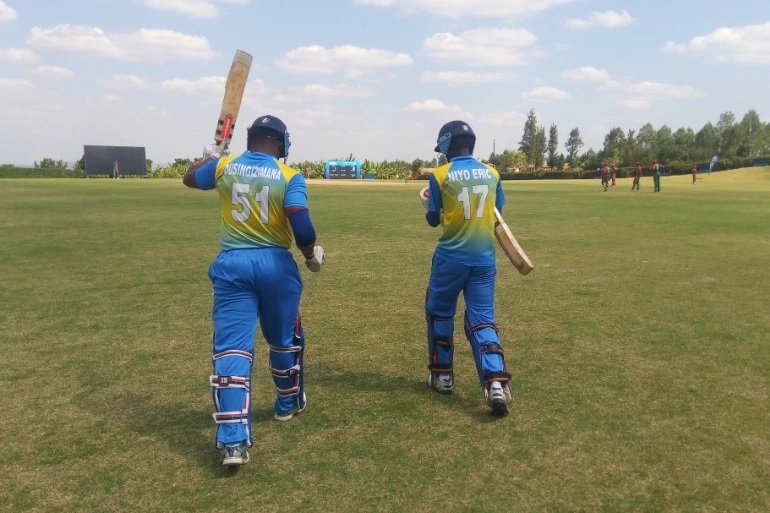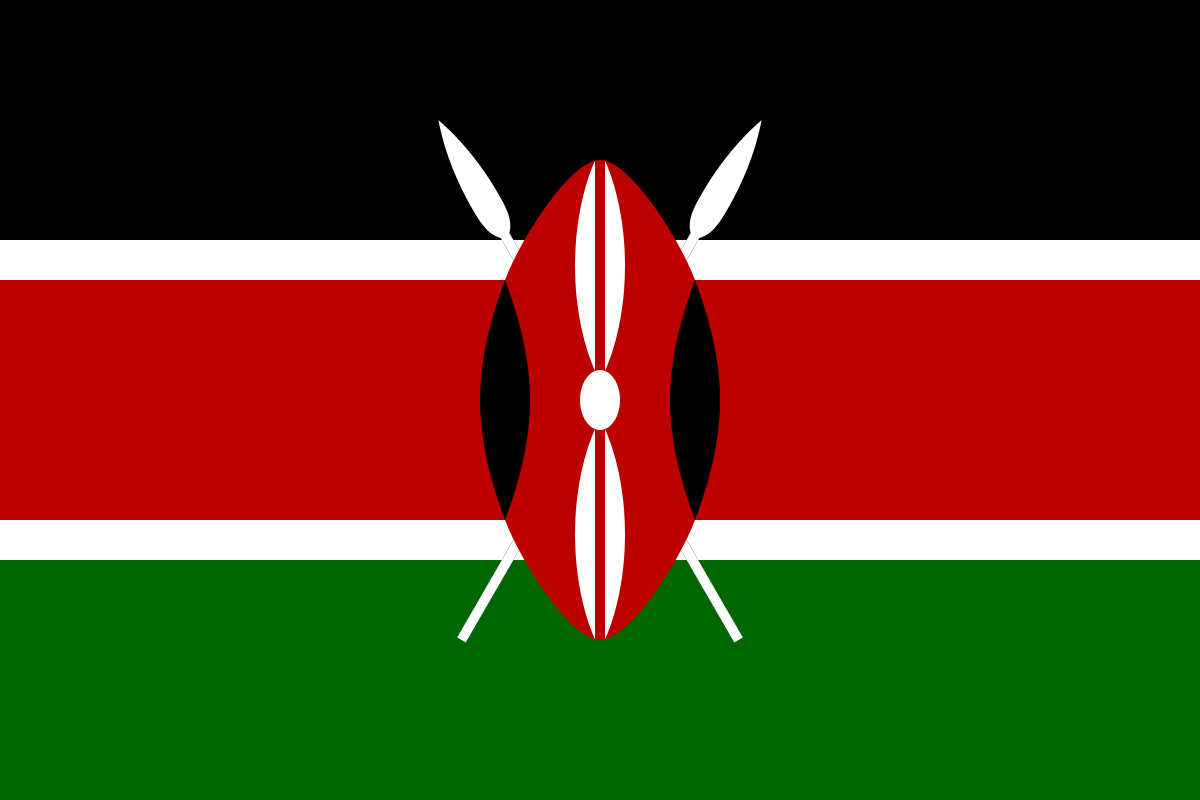Cricket was first played in Rwanda around 1999 by a group of students from the former National University of Rwanda at Butare, according to officials. Photo Rwanda Cricket Association
For Rwandese cricketer Diane Ishimwe, every passing day brings about a sense of gratitude and gratefulness.
In 1994, when her pregnant mother was about to leave home to deliver Ishimwe, she had a miraculous escape after a stray bullet fired by an armed fighter flew just inches above her head.
“They almost killed her,” Ishimwe told Al Jazeera. “When she stepped out of the house, there were gunshots. Thankfully, she survived. She had to give birth in the house.
“This was one of many such incidents in a horrific chapter of our beautiful country’s history.”
Ishimwe was born at the height of the genocide in Rwanda and feels lucky to have lived to tell the tale.
Now, the international cricketer says the calmness of the game provides a sense of peace, togetherness and enjoyment – things that her family was deprived of during the genocide.
Ishimwe took up cricket at the age of 10 after being inspired by her older brother Eric Hirwa, Rwanda’s former captain.
The game helps Ishimwe get over the stories of her troubled entrance into the world.
“I know I survived for a reason,” said Ishimwe. “Now, cricket makes me feel safe, it makes me calm. Every time I get the chance to bat, I make sure I have fun.
“Every run brings happiness. The lesson I get from cricket is patience and perseverance. It sharpens my mind. It teaches me how to be responsible.
“What happened in our country is now in the past. We have to learn from that. It’s like in cricket, if your team lost, you don’t have to keep on thinking about how you lost the game because it’s not the end of the world. You have to learn from that.”
Born out of conflict
Cricket has been gaining popularity in Rwanda over the past two decades.
While the game is chiefly the result of the British colonial legacy in the major cricket-playing regions of the world, for emerging nation Rwanda, it was born out of a different kind of conflict.
The end of the Rwandese civil war – described as the worst form of genocide since World War II – saw several exiled citizens return home, equipped with cricket knowledge acquired from neighbouring countries with a deeper history in the game.
“Cricket was first played here around 1999 by a group of students from the former National University of Rwanda at Butare,” Emmanuel Byiringiro, general manager of the Rwanda Cricket Association, told Al Jazeera.
“Most of these students were former refugees from countries like Kenya and Uganda. They were later joined by a few Indian expatriates. We now have a development programme that focuses on school cricket and taking cricket to communities.
“It is also the fastest-growing sport in the country.”
Spreading the game across the country and bringing together people once deeply and tragically divided by ethnicity is their way of burying a very ugly past.
“We are sending the message of unity, so that what happened never happens again,” said Ishimwe, who is an actress by profession.
‘Cricket for me is life’
Clinton Rubagumya, a 25-year-old all-rounder on the men’s national team, also believes that cricket’s spread can bridge old gaps of distrust in the country.
“I was born after the genocide, but there are family members who didn’t survive. I don’t think there are any families that didn’t lose loved ones,” Rubagumya told Al Jazeera.
“We have to move on. I’ve seen how cricket contributes by bringing together all these people who need help and those that can help.”
Rubagumya, who works at a coffee shop at Kigali International Airport, says cricket is now a significant part of his life.
“I got into cricket in high school. I always thought that football would be my future, but then I broke my arm in a game. One day, while watching others train, I saw cricket on the other side of the pitch, and I went over to see what was going on.
“From there on, I never looked back. Cricket for me is life. The impact of cricket on my life is simply the code of conduct. The discipline of the sport helps you deal with any situations you face – patience, timing, endurance and fair play.”
‘They will be a force to reckon with’
The main focus has been spreading the game in the country and bringing new players to the fold.
However, authorities have also prioritised quality coaching. Last month, 40-year-old Zimbabwean Leonard Nhamburo was appointed Rwanda’s new women’s national team coach on a two-year contract.
Nhamburo believes there is a bright future ahead for Rwandese cricket.
“Give them two to three years, they will be a force to reckon with,” declared Nhamburo.
“There is a lot of talent, both male and female. And they are naturally strong people. They have a very good plan for the next five years.
“We are motivated by a lot of things in life and careers. I just want to see women’s cricket grow in Africa.” - Enock Muchinjo, Al Jazeera









